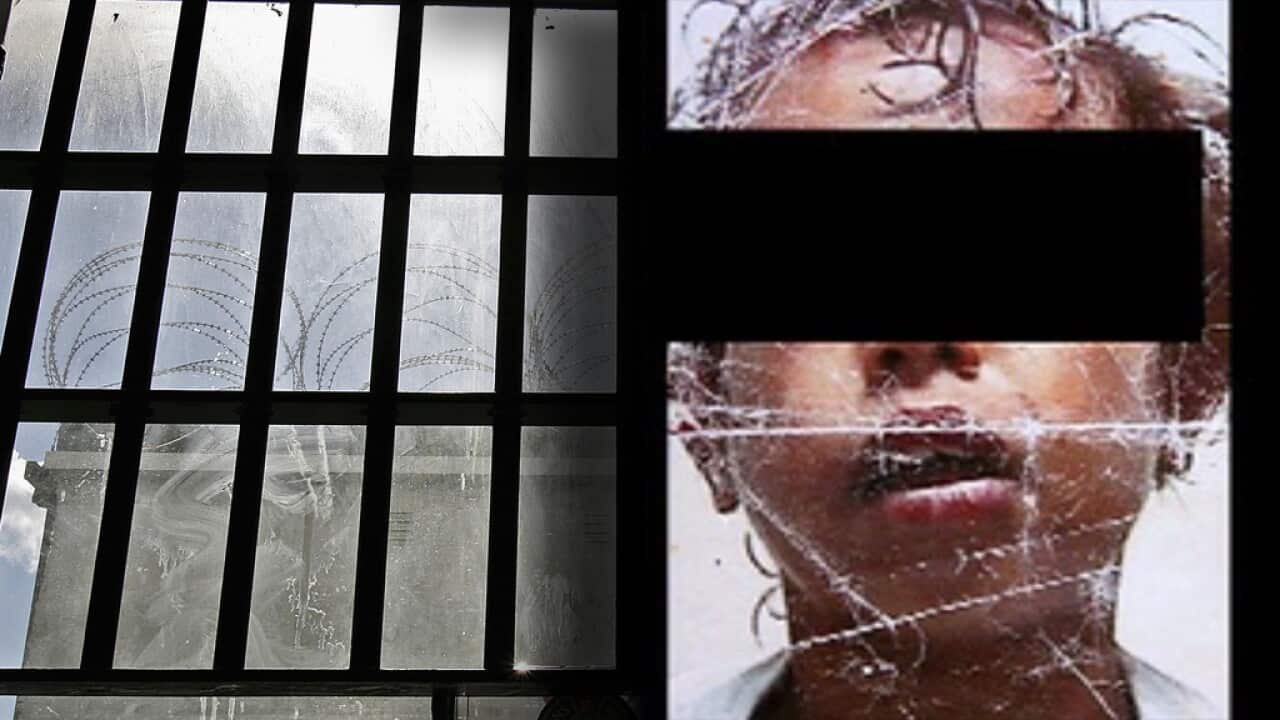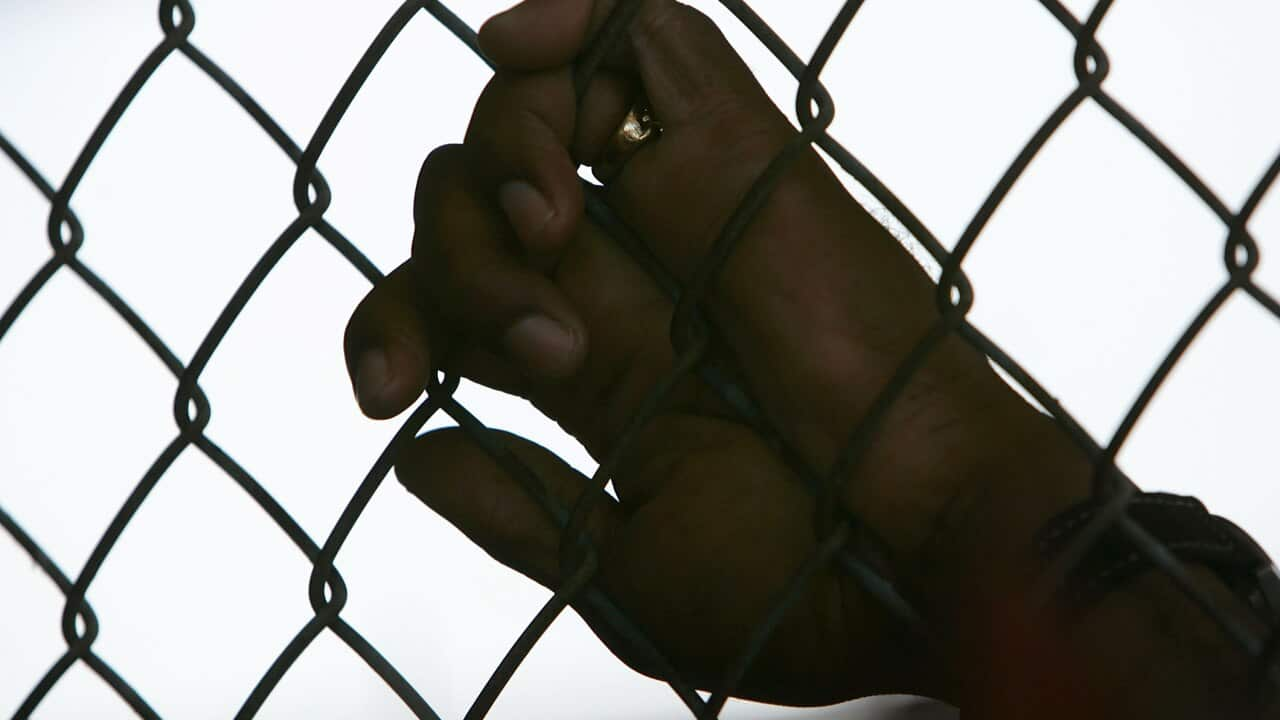Queensland’s hardline crackdown on youth crime has led to thousands of arrests in the first three months of 2025.
But Indigenous advocates and community leaders say the real cost will be paid by vulnerable First Nations children caught in a justice system that fails to care for them.
— as part of Premier David Crisafulli’s tough-on-crime strategy, which includes the controversial Adult Crime, Adult Time legislation.
Queensland’s youth detention centres hold an average of 314 children daily, with 70 per cent of those being First Nations.
Around 87 per cent — or 273 children — are unsentenced, spending an average of 48 days in custody.
Of those, 69 per cent are Indigenous.
The new law allows adult sentences to be imposed on minors found guilty of serious offences.
State premier David Crisafulli insists the laws reflect the public’s call for safety and accountability.
“Stronger laws, more police, early intervention and rehabilitation are all part of the fresh start for a safer Queensland,” he said.
Arrernte Luritja woman Catherine Liddle, CEO of SNAICC – National Voice for our Children, said that the solution needs to be community-led.
“These laws are not just misguided, they’re dangerous. We are talking about children, many of whom have experienced trauma, poverty, and neglect.
"Locking them up doesn’t heal that, it deepens it.”
Ms Liddle rejected the premier's characterisation of the laws as promoting safety.
“There’s no evidence anywhere in the world that criminalising kids makes communities safer," she said.
"What we know is the earlier a child comes into contact with the justice system, the more likely they are to stay there.
“These aren’t kids who need punishment—they need support. They need homes, food, school, and a community that believes in them.”
Liddle also pointed out that governments often lean into punitive narratives during election cycles, despite signing up to more compassionate policies under Closing the Gap.
“All governments signed the national agreement on Closing the Gap,” she said.
“One of the key targets is reducing youth incarceration. But what we’re seeing now in Queensland directly contradicts that commitment.”
Palawa Elder Uncle Rodney Dillon said the crisis begins long before a child is arrested.
“If we want to fix the justice system, we have to fix out-of-home care," he told NITV.
"Over 60 per cent of kids in youth detention come from out-of-home care. That tells us where the failure starts."
Dillon said community-led diversion and wraparound support services are the path forward.
“This is not about saying there are no consequences,” he explained.
“But it is about recognising that kids need another chance. They need people to believe in them, not just judge them.”
Liddle agrees, stressing the need for sustained investment in services that strengthen families and communities, rather than reactionary policing.
“We should be saying to our kids: we see you, we believe in you, and we’re going to help you thrive,” she said.
“That means universal early education, safe homes, strong communities, and opportunities for a future. Anything less is a failure.”





